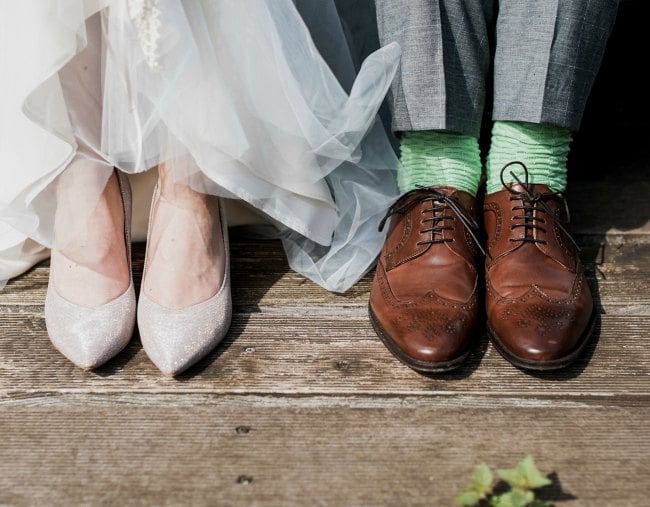
Yue Qian, University of British Columbia
Having a committed partner and good family relationships are important to most people. Countless novels, fairy tales and movies have told romantic stories about love that endear us to the idea of romantic love.
Sociologists, however, are less romantic. When it comes to falling in love, it’s not just fate or serendipity that bring people together—social factors matter.
How so? My research illustrates how our attitudes towards Mr. or Ms. Right are filtered through the lens of social norms.
Though some of us are too young to remember, about three decades ago, the marriage prospects of highly educated women were the subject of headlines and made the cover of Newsweek magazine in 1986.
The conventional wisdom was that women over 40 who had achieved a certain level of professional (and educational) goals had a lower marriageability.The memorable media messages produced strong feelings of anxiety in a lot of women. The story as portrayed in the romantic comedy Sleepless in Seattle went like this: “It’s easier to be killed by a terrorist than it is to find a husband over the age of 40.”
Is it actually true? Do women who spend years in school getting a good education sacrifice their chances of getting married?
Actually, no. Research has consistently found that American women with at least a bachelor’s degree are more likely to get married and stay married than less educated women.
In fact, only a few years after the Newsweek story, family sociologist Andrew Cherlin debunked the misleading and incorrect messages about professional women’s marriage prospects.
